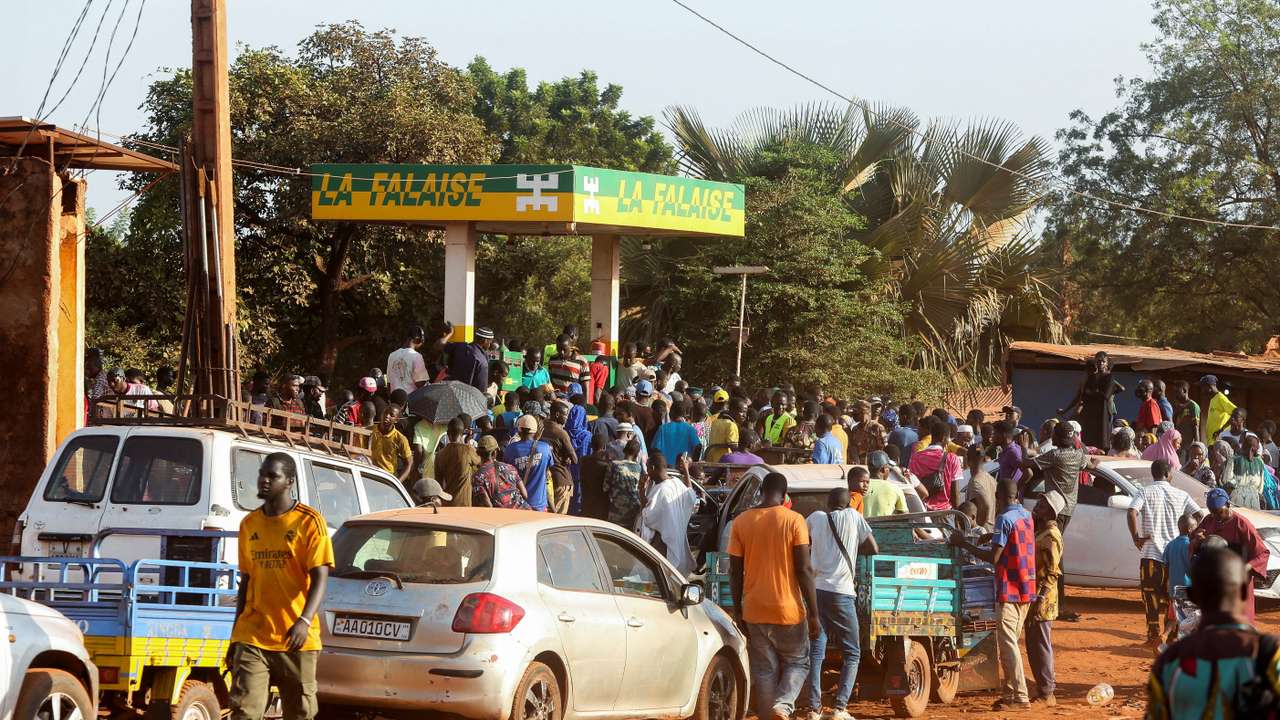Why Western nations are urgently pulling their citizens out of Mali

Western governments including France, the US and UK have issued urgent travel alerts for Mali because the security environment is rapidly deteriorating, and the risks to foreign nationals are now judged to be very high.
The advisory comes amid escalating jihadist violence, economic collapse, and a breakdown of essential services.
At the heart of the crisis is the Jama’at Nusrat al‑Islam wal Muslimin (JNIM), an affiliate of Al‑Qaeda operating in the Sahel region. Since early September, the group has imposed a blockade on fuel imports into Mali, particularly targeting convoys coming from neighbouring countries.
The landlocked nature of Mali makes it especially vulnerable: fuel is fundamental not just for transport but for power, commerce and daily life. The blockade has triggered long queues at petrol stations, widespread power outages and a sharp slowdown in economic activity.
As a result of the fuel blockade, the Malian government announced the nationwide suspension of schools and universities for several weeks, citing that staff and students cannot reliably commute or that transport is disrupted.
Meanwhile, analysts warn that the blockade is part of a broader JNIM strategy to undermine the state’s authority, starve the capital city of resources, and force the government into a weakened position.
For foreign nationals, these developments translate into rapidly escalating risks. Beyond the direct threat of terrorist attacks or kidnappings, the breakdown of infrastructure means that escape routes may become compromised, flights and ground transport may be disrupted, and basic services may cease unexpectedly.
Indeed, the United States Embassy in Bamako has urged Americans to leave via commercial flights because overland travel is considered hazardous. Given these conditions, the governments of France, the US and the UK judge that their citizens’ safety cannot be guaranteed and therefore are advising departure “as soon as possible”.
What was once a challenging security environment has turned into one where the advisories now recommend immediate exit rather than just caution.
This story is written and edited by the Global South World team, you can contact us here.